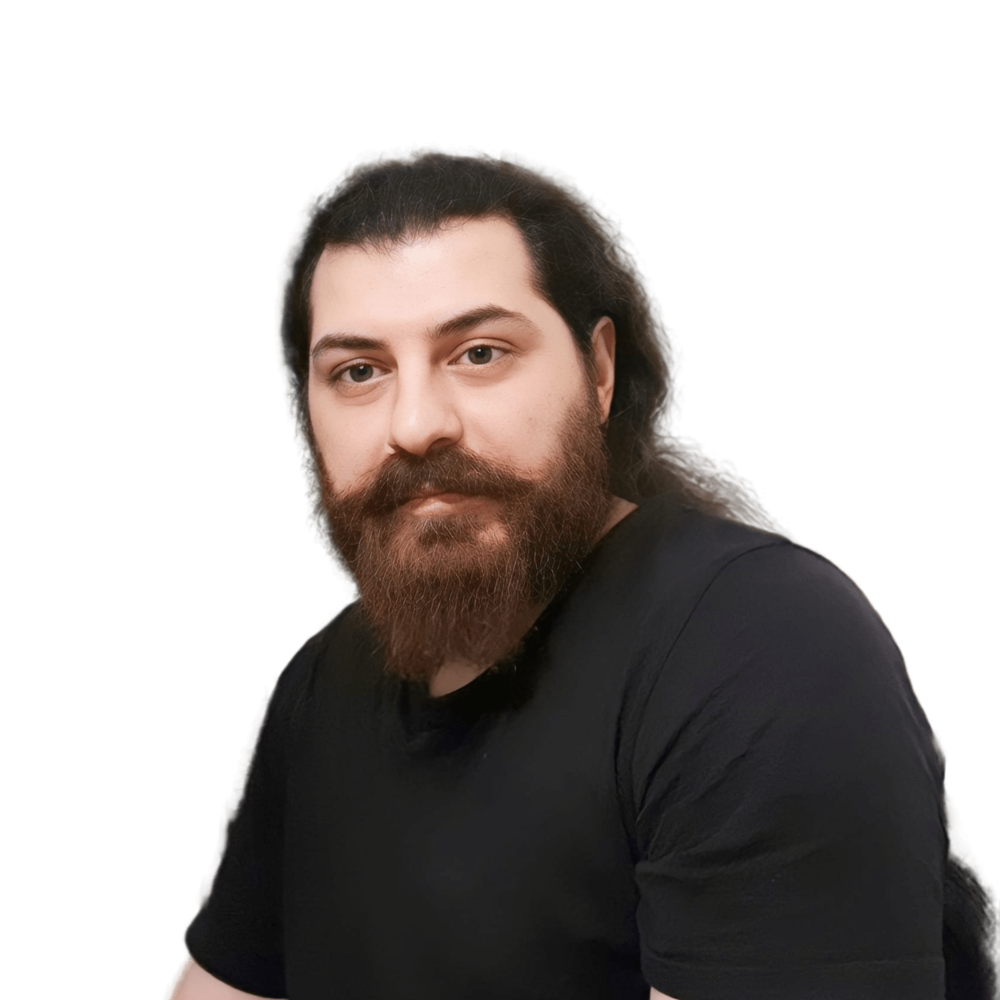
Davoud Tavousi (*1989) is a musician, music theorist and music educator with profound knowledge in Iranian music. Since summer 2018, he has been pursuing his doctoral studies in music education with Prof. Dr. Michael Dartsch at the Hochschule für Musik Saar. He stands out for his virtuoso mastery of santoor playing and has had several concert performances as a soloist and in ensemble. In 2018, he performed his repertoire, which includes traditional and modern pieces as well as his own compositions, at the Beethoven-Haus in Bonn, among other places
His research focuses on the teaching and learning of improvisation. Cognitive, emotional, social and philosophical aspects are examined.
In 2023, interdisciplinary seminar "Opening up and teaching global music practices: Improvisation in Classical Iranian Music" at the Freiburg University of Music in collaboration with the departments: EMP (Camille Savage-Kroll), IGP (Wolfgang Lessing) and Teaching Music (Thade Buchborn).
In 2022, course "Introduction to the elaboration of new forms of improvisation practice based on Iranian classical music" at the University of Cologne.
In 2019, workshop "Traditional and New Iranian Music" at the Hochschule für Musik Saar.
Since 2023, research associate at the Institute of Music Education at the University Mozarteum Salzburg, Department Innsbruck under the direction of Julia Wieneke.
In 2022, lecturer at the University of Cologne.
Since 2018, consultant for questions concerning the Persian cultural area, working in the didactic development project "Werkstatt Musikgeschichte" under the direction of Matthias Handschick.
- Explizite und implizite Regeln der modalen Solo-Improvisation in iranischer Musik. Eine vergleichende Analyse [Explicit and Implicit Rules for Modal Solo Improvisation in Iranian Music: A Comparative Analysis], Zeitschrift der Gesellschaft für Musiktheorie 18/1, 101–126. https://doi.org/10.31751/1107